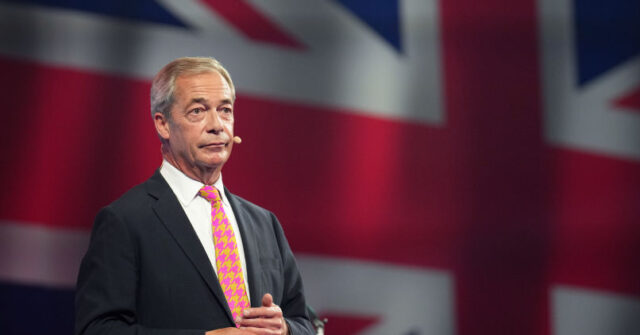In recent statements, Nigel Farage, a prominent British MP and Brexit leader, has raised alarm over what he describes as the Starmer government’s attempt to stifle public discourse and parliamentary inquiry regarding the tragic Southport attack earlier this year. This incident, marked by the horrifying deaths of young children at a Taylor Swift-themed dance party, has since been surrounded by a cloud of secrecy and unanswered questions. Farage claims that his efforts to obtain information about the attack through formal parliamentary questions have been thwarted, leading him to accuse the government of enforcing a “near-blanket ban” on discussing the case. This lack of transparency is particularly alarming given the nature of the attack and the serious charges faced by the suspect, Axel Rudakubana, which include murder, attempted murder, and terrorism-related offences.
The seriousness of the situation is compounded by the public’s limited understanding of Rudakubana’s background and motivations, contributing to what Farage terms an “information vacuum” engineered by the government. The attack has resulted in widespread protests and public unrest, yet the government’s silence has only intensified public anxiety. While typically, Members of Parliament enjoy greater freedoms to speak on sensitive matters without fear of repercussions, Farage argues that the current political climate has drastically altered this norm. Allegations have emerged that the Contempt of Court Act is being manipulated to suppress discussion, with Farage highlighting a troubling precedent where questioning government actions regarding the attack is equated with contempt.
As Farage articulately argued, the erosion of parliamentary privilege in this matter poses significant challenges to his role as an elected official whose responsibility includes seeking the truth in matters of national concern. He contends that the government’s restrictive posture towards inquiries into the Southport attack not only undermines accountability but also affects the democratic process. This situation necessitates transparency, especially when the public is eager to grasp the facts surrounding such a devastating event. An open dialogue about the circumstances of the attack and the integrity of the legal proceedings is vital for maintaining trust in institutions and government.
In a disturbing account of recent events, Farage detailed how he faced substantial hurdles in raising questions within Parliament. His two written queries posed to the Home Secretary regarding the suspect’s prior affiliations with the anti-terrorist Prevent program and the discovery of ricin in the suspect’s home went unanswered. Furthermore, during a session of Prime Minister’s Questions (PMQs), an intervention from the Speaker’s office effectively repressed any inquiries into the matter. This culminated in a climate of fear where MPs are discouraged from publicly addressing pertinent questions about national safety and judicial transparency, undermining the role of the parliament as a platform for accountability.
Farage pointed out that even colleagues attempting to navigate the constraints have found themselves under unprecedented pressure. Richard Tice, a fellow politician from Farage’s party, reported receiving alarming directives intended to minimize discussion about the attacks, reinforcing the notion that Parliament’s long-standing tradition of self-regulation is being exploited for suppression. Notably, the Prime Minister’s vague response to inquiries further highlighted the lack of substantive communication from the government, serving as a wake-up call about the implications of hiding uncomfortable truths from the public.
In considering broader consequences, Farage has echoed the sentiments of Jonathan Hall KC, an independent reviewer of terrorism laws, who criticized the government for crafting an information vacuum in the wake of the Southport tragedy. Hall’s remarks resonate with the urgent need for transparency, especially in instances where national security and public safety may be at stake. Farage has urged the government to recognize that withholding critical information can foster distrust, suggesting that the Prime Minister’s strategy of avoidance will ultimately lead to more significant issues down the line. The pressing question, as Farage articulates, is whether society should accept a status quo where essential details remain obscured from public knowledge, thereby impeding informed discourse and accountability.

